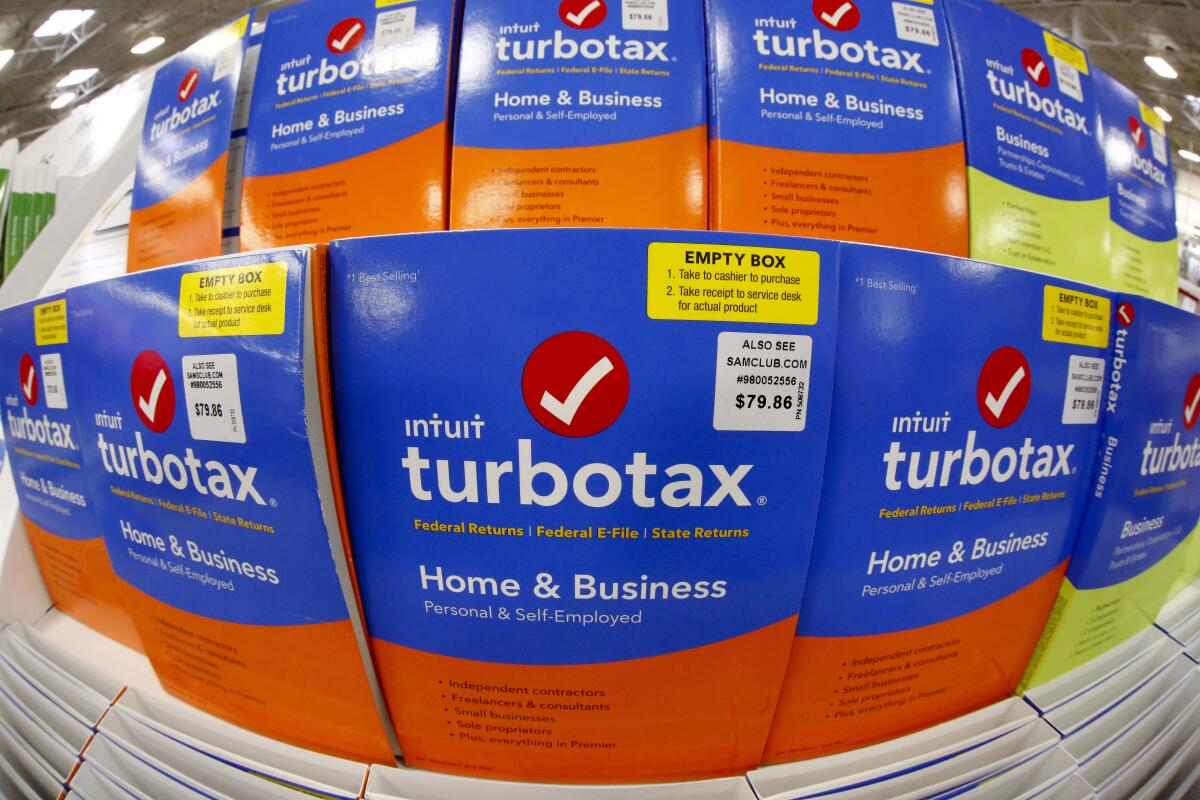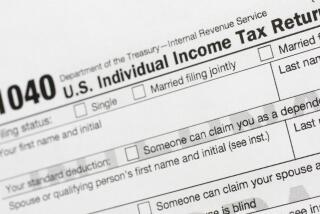Coronavirus stimulus checks, tax refunds and the IRS’ backlog hell

Dear Liz: I’m a CPA. I sent out your recent column about IRS backlogs to two clients just this morning. It’s nice to have a published article backing up what I’ve unfortunately been having to tell clients for a few weeks now.
Answer: Pandemic-related shutdowns, years of congressional budget cuts and the effort required to push out more than 159 million stimulus checks have left the IRS facing a massive backlog. National Taxpayer Advocate Erin Collins estimated that 4.7 million unopened paper tax returns had accumulated as of mid-May. Taxpayers who filed paper returns and are due a refund may be in for “a long wait,” Collins told Congress last month. Many lower-income people and those who lost jobs are in dire need of the money, but it is unclear when they will get it.
The case for filing a tax return
Dear Liz: A couple on Social Security who hadn’t received their stimulus payments wrote that they “do not make enough income to file tax returns.” It might be worthwhile to let your readers know that, even if one’s income is below the amount where they must file a tax return, they nevertheless may file a tax return. I volunteer at a site where we do free tax preparation, and we encourage filing even when not required. It can help identify or potentially prevent identity theft, and it provides documentation of tax status that may be helpful in the future.
Answer: Thanks for that tip. People receiving Social Security weren’t required to file tax returns to receive their stimulus payments of up to $1,200 each, but as you noted there can be other advantages to filing even when it’s not necessary.
Most stimulus payments have been delivered at this point, although a congressional committee estimated 30 million to 35 million had not been sent. If you got a letter saying your payment had been sent, but you haven’t received the money, you can ask the IRS to trace your payment by calling (800) 919-9835.
Retirement accounts for teenagers
Dear Liz: My 16-year-old grandson has a job stocking shelves at a large grocery chain. His parents opened a low-cost minors investment account, which he has now funded to the max of $6,000. Is there anywhere else he can invest his earnings?
Answer: It sounds like what your grandson funded was an IRA or a Roth IRA. These retirement accounts have an annual $6,000 contribution limit for people under 50. (People 50 and older can make an additional $1,000 “catch up” contribution.) The Roth IRA has income limits, but your grandson won’t have to worry about those until he earns more than six figures.
Starting to save so young for retirement is a marvelous idea, since all those decades of compounded returns will really add up. Let’s assume two people save $6,000 a year and earn a 7% average annual return. The person who starts saving at age 36 would accumulate about $650,000 at age 66. The person who starts at age 16, by contrast, would have about $2.5 million.
Your grandson’s parents were smart to open a low-cost account, presumably at a discount brokerage. Next to starting early and investing as much as possible, keeping fees low is the best way to maximize how much he ultimately accumulates.
The simplest way to start investing would be to choose a low-cost target date mutual fund. He would choose one with a date closest to his likely retirement age, so one that’s labeled something like “Target Date 2070.” If you want to encourage him to learn more, consider buying him a book about investing, such as “O.M.G.: Official Money Guide for Teenagers” by Susan and Michael Beacham.
But not for this octogenarian
Dear Liz: I am 81 and opened a Roth IRA before retiring 15 years ago, but have not added to that account since. Recently I realized a cash windfall and would like, if possible, to deposit that money in my existing Roth IRA, but I am confused about the limitations and rules on doing so. My current income is from interest, Social Security, a small pension and 401(k) withdrawals. Can you help me with the applicable rules that would govern additions to a Roth IRA in my situation, and can I do so?
Answer: Retirement account rules can be complicated in some respects, but not in this particular case. If you don’t have earned income — such as wages, salaries, bonuses, commissions, tips or net earnings from self-employment — you can’t contribute to an IRA or a Roth IRA.
Liz Weston, Certified Financial Planner, is a personal finance columnist for NerdWallet. Questions may be sent to her at 3940 Laurel Canyon, No. 238, Studio City, CA 91604, or by using the “Contact” form at asklizweston.com.






